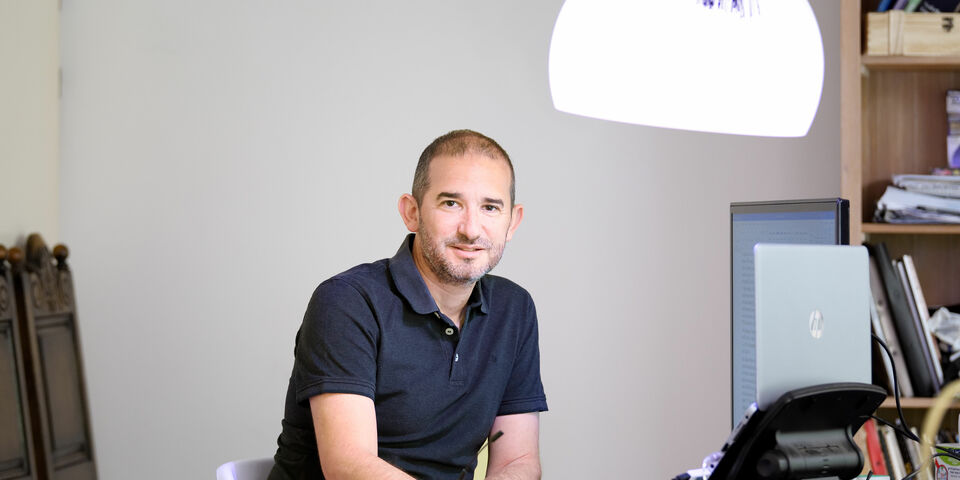What’s the USE?
As we move deeper into the 21th century it is becoming evident that the engineering profession is required also to adapt itself. It is no longer enough to develop the cleverest technology. New technological solutions need also to be sustainable and certainly ethical in both their use and manufacturing.
That is why the current curriculum of the TU/e Bachelor College includes a compulsory USE education content - dealing with User, Society and Enterprise - representing ten percent of the degree’s academic credits. And while some have questioned this choice - on both sides of the lecture room - in the past couple of years, the dust is beginning to settle down and more and more students and teachers see the added value of USE education.
It is therefore disappointing to learn that in the upcoming restructuring of the Bachelor College it is the intention to cut down on this component of the Eindhoven engineering diploma. Is it indeed wise to send our graduates into the field without first exposing them to the complex aspects that social science has to offer? Is there a real future for engineering without understanding its past? And can you still be a successful engineer without being aware of the carbon footprint of your work?
Some years ago, I was asked by the department of Electrical Engineering to teach a course for 1st year master students about how to get started with their research work, during their graduation project. Initially focusing on the scientific method and the correct use of scientific literature I quickly realized that there is a need to place science in a broader context. As I tried to make my students doubt their science by calling upon the philosopher Karl Popper and his by now famous dogma of empirical falsification and later citing Richard Feynman, it became clear that they need a real expert from the social sciences to educate them on the philosophy of science. Luckily, I could call upon my friend the philosopher Dr. Gunter Bombaerts to lend a hand.
Still, I and many of my students were not satisfied. After a thought-provoking lecture by Dr. Bombaerts, it was still clear that many more aspects of being an engineer are not handled. That was the point when I decided I need to talk to my students about the ethical dilemma’s they will face in their profession/scientific career. And so, a month ago I spent two hours in the company of 35 of our students discussing the scientific Code of Conduct of the university and the ethics of engineering in general. It was an exciting and inspiring session for me - and I hope also for my students - to critically consider how the simplest engineering efforts can have such far reaching societal implications.
Consider the latest discussion on algorithms used in different online platforms and realize that behind the million rows of code supporting these algorithms are thousands of hard working and most definitely ethical software engineers who unbeknown to them were working on creating this emerging societal problem.
Sure, many parameters might affect the result and executives in charge of these companies need to be made accountable for their potentially ethically questionable decisions. But if the entire effort can be stopped by the engineers working on developing the technology would this not be a better use of everyone’s time? Should we not spend more time training our engineers to be more critical about their work and its ethical aspects with the hope of avoiding more of these incidents?
It is clearly not easy to achieve such levels of awareness among our students, but we should do everything in our power, in my mind, to try and get the engineers of tomorrow, as we proudly refer to our graduates, to be more aware of the possible impact of their developed technology. What’s the use of a new generation of engineers who are unaware of the societal costs of their work? Since we have already built USE education into our curriculum, it would be a shame to cut back on this element just as it is becoming more and more relevant.


Discussion